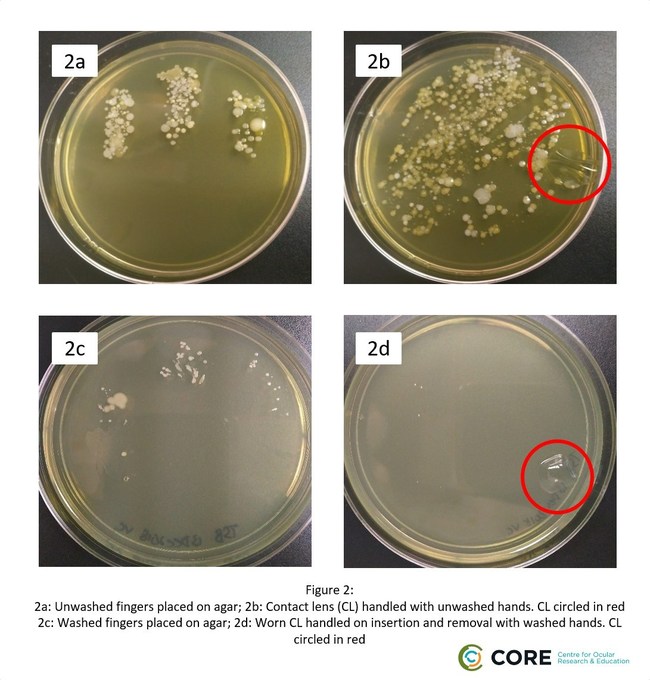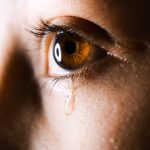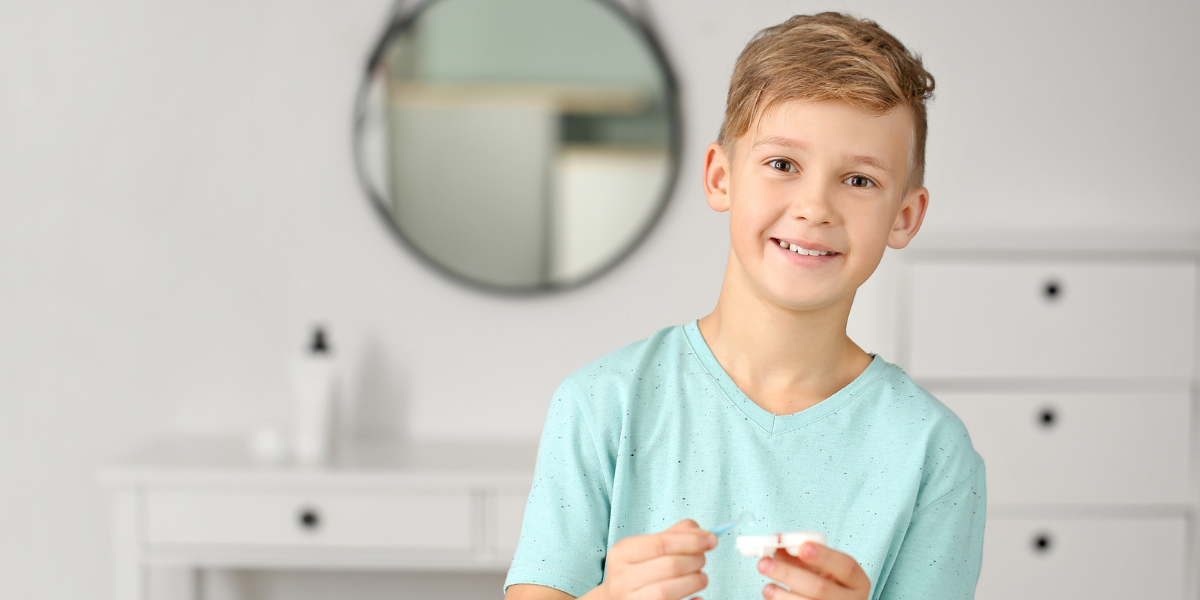While health experts are urging Australians to avoid touching their face and eyes during COVID-19, this is a little harder for those who rely on contact lenses and glasses. With this in mind, Optometry Australia is urging all Australians to be extra diligent with their hygiene practices and follow the below tips to lower their risk of infection during this global pandemic.
There is currently no scientific evidence that wearing spectacles instead of contact lenses provides protection against COVID-19, and in line with general advice on safe wear, contact lenses should not be worn if you are unwell.
Practice good hand hygiene
Since the beginning of the coronavirus outbreak, health authorities have been urging Australians to pay attention to their hygiene practices - and for good reason. Practising good hand hygiene is one of the most effective ways to prevent and slow the spread of the virus.
While it might seem obvious that contact lens wearers should wash their hands thoroughly before putting lenses on their eyes, a recent study of over 950 daily disposable wearers in the US found that 44 per cent did not wash their hands before insertion.
“COVID-19 presents a good opportunity to revisit hand hygiene, not to mention a chance to remind contact lens wearers what constitutes healthy use,” said Luke Arundel, Chief Clinical Officer at Optometry Australia.
“Always wash your hands thoroughly with soap and warm water for at least 20 seconds before and after inserting and removing your contact lenses,” he said. A recent press release from the Centre for Ocular Research and Education (CORE) provided amazing photos of the difference in bug growth when handling contact lenses with clean or dirty fingers.

Avoid touching your face
Although it’s difficult, resisting the urge to touch your face is extremely important to avoid contracting COVID-19. Health experts are urging people to avoid the eyes, nose and mouth in particular, as these are the most common gateways for viruses to spread.
Clean your glasses
Although COVID-19 is largely spread through direct close contact with an infected person, it can also be contracted by touching surfaces that have been contaminated.
While it is important to wash your hands after touching any surface, it is equally important to ensure you are cleaning any objects that come into contact with a surface - including your glasses.
Specific advice for contact lens and glasses wearers during COVID-19
As published in Contact Lenses Today, please note the following advice:
- Contact lens wear is safe. Despite myths and misinformation that have arisen in recent reports, contact lens wear remains a safe and highly effective form of vision correction for millions of people worldwide.
- Proper hand washing is essential. When using contact lenses or spectacles, careful and thorough hand washing with soap and water followed by hand drying with unused paper towels is paramount. For contact lens wearers, this should occur before every insertion and removal.
- Disinfect contact lenses. Contact lens wearers should either dispose of their daily disposable lenses each evening, or regularly disinfect their monthly and two-week lenses according to manufacturer and eye care professional instructions.
- Disinfect spectacles and glasses. As mentioned above, some viruses such as COVID-19 can remain on hard surfaces for hours to days, which can be transferred to spectacles wearers’ fingers and faces. This especially holds true for ‘presbyopes’ (people generally over the age of 40 who wear reading glasses) as they may be putting them on and off their face multiple times a day. This age group appears to be among the more vulnerable population for being more seriously affected by COVID-19, as compared with contact lens wearers, who are typically younger.
- Discontinue lens wear if sick. Ceasing contact lens wear when sick is advised, consistent with guidance for other types of illness.
- Spectacles are Not Proven to Offer Protection. There is no scientific evidence that wearing spectacles or glasses provide protection against COVID-19 or other viral transmissions.
Red eyes, sensitivity to light, blurred vision, pain and discharge (especially green or yellow ‘gunk’) can all indicate an urgent contact lens related problem. Call your local optometrist or use our ‘Find an Optometrist’ feature to find an optometrist open for emergency care or telehealth if your current optometrist is closed during this period.
The Centre for Ocular Research and Education has some more detailed information here, as well as this video about contact lenses and coronavirus.





